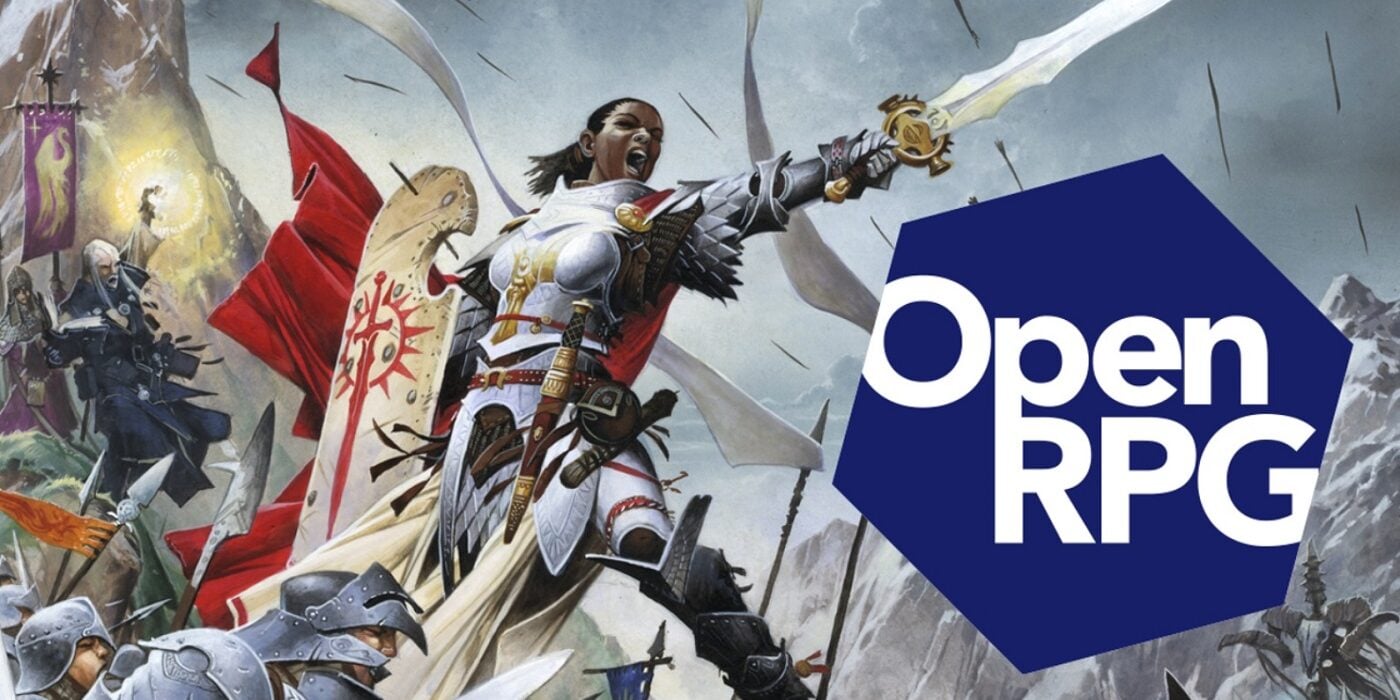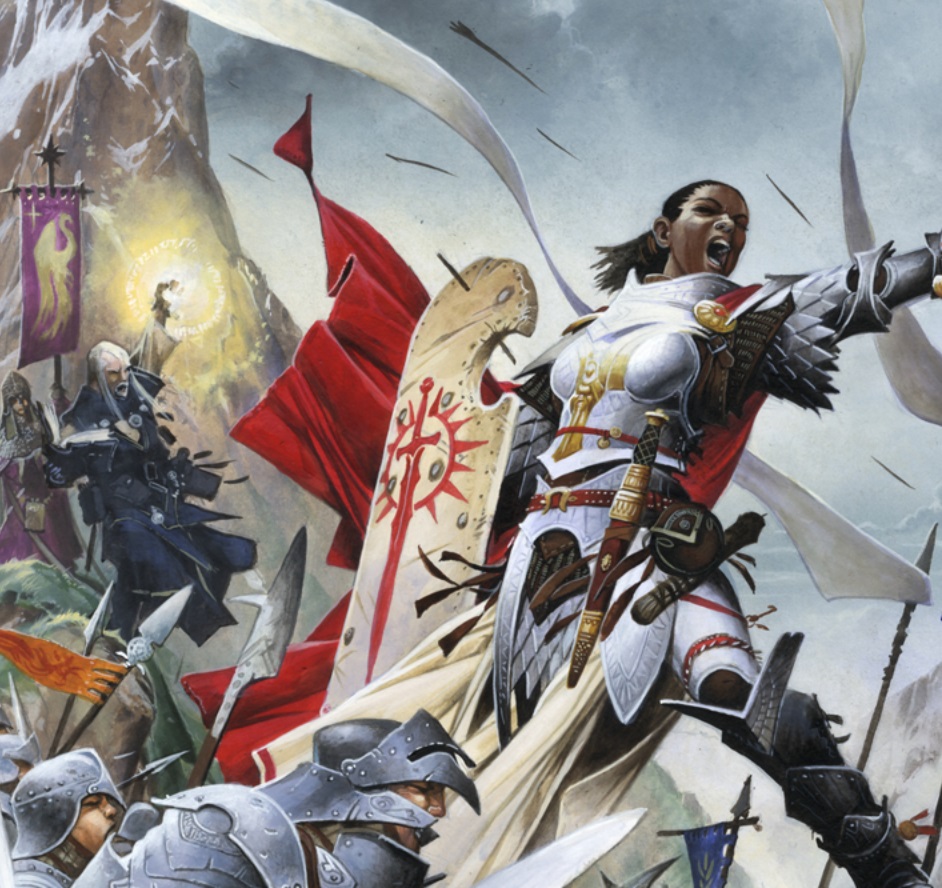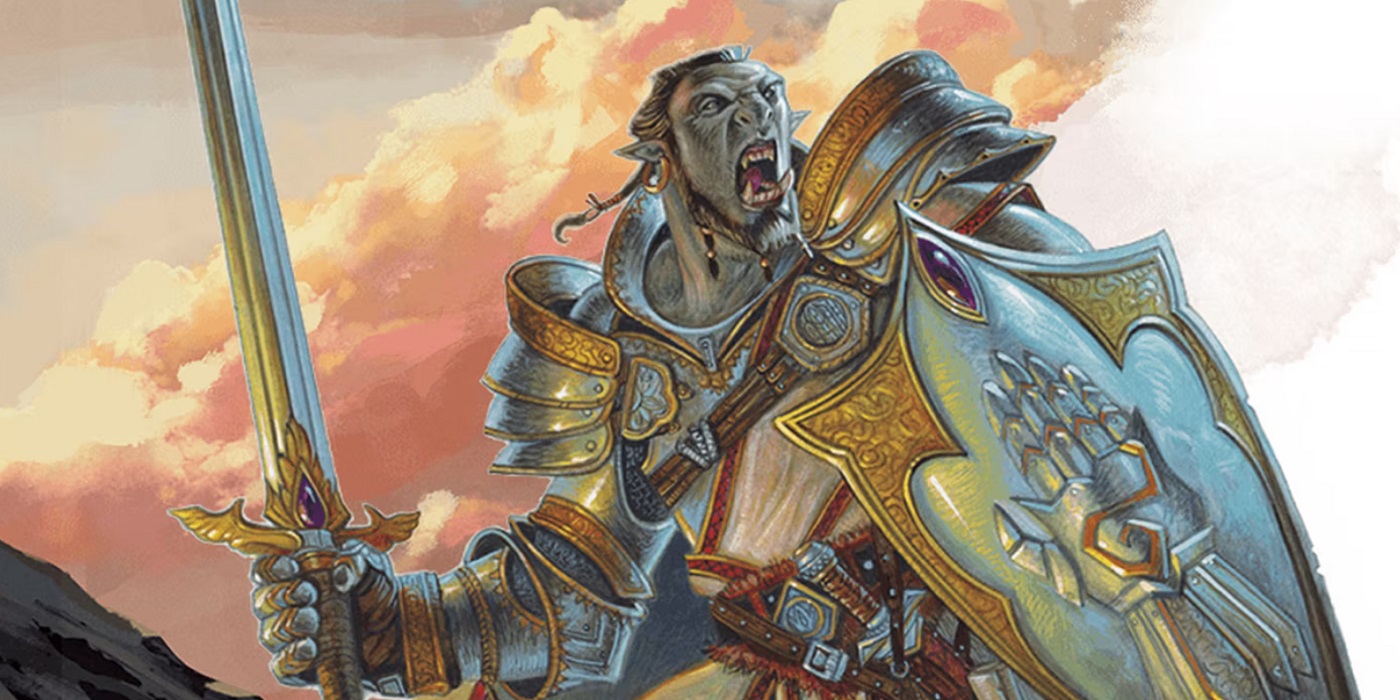Paizo Unveils Second Draft of the ORC License–Wants Your Feedback

Last month, we got a first look at the ORC License for TTRPGS. Now, the second draft of the license is ready for comment.
The Open RPG Creative License (ORC License) debuted last month in first draft form. Paizo and the alliance of publishers behind the ORC pulled the veil off the initial draft, leaving it open for public comment.
You spoke, they listened. And now, the ORC License second draft is ready to be seen. Paizo unveiled it earlier this week on their blog. The question on everyone’s mind is how will this differ from the Creative Commons license that other RPGs have been released under?
ORC License – 2nd Draft
This second draft incorporates changes and suggestions from hundreds of participating publishers on the ORC License Discord community, adds significant clarity to key terms and definitions, substantially increases the size and scope of the project’s official FAQ, and introduces several basic quality-of-life improvements across the board.
You can download a copy of the ORC license and its associated FAQ/AxE (Answers and Explanations) document below. Our intention is to solicit “final” feedback on the ORC License Discord until the end of the day NEXT Monday, May 22nd. We intend for this wave of commentary to be the last round before presenting the truly final version of the license, which we plan to release by the end of May.
Our deepest thanks to all project participants. Your feedback has been invaluable in making the ORC License an ideal open gaming license that will serve the community long into the future.
The ORC License makes a few changes. Most of which you can dig into in the ORC License Answers and Explanations (ORC AxE). There’s a new section comparing the ORC to the Creative Commons concept, stating that the ORC will allow you to open up only game rules, as opposed to Creative Commons which theoretically means the whole work, not just stuff that “Isn’t Product Identity.” But this can also be done by releasing the rules separately. Like D&D did with their SRD.
It’s a point of contention/questioning from the community and from publishers outside the ORC alliance. However, the ORC does set out an example of how the ORC is meant to keep everything open in nature, specifically referencing designating “mechanical content” as product identity, which seems aimed at features like whole subclasses and spells being locked out of the Creative Commons SRD:
While creating […[ mechanical content may involve just as much effort as creating Product Identity, copyright protection is not based on “sweat of the brow.” All users of the ORC license agree to contribute all of their mechanical content to downstream users. If that contribution does not fit your publishing strategy, or you feel that doing so is too generous, it is likely that the ORC license is not the best option for that product.”
What do you think of the new ORC?







